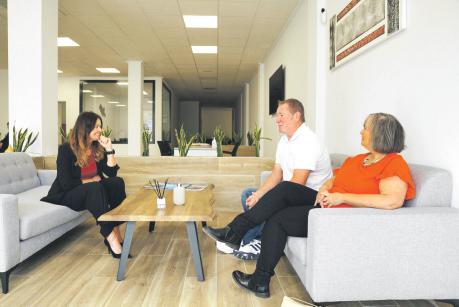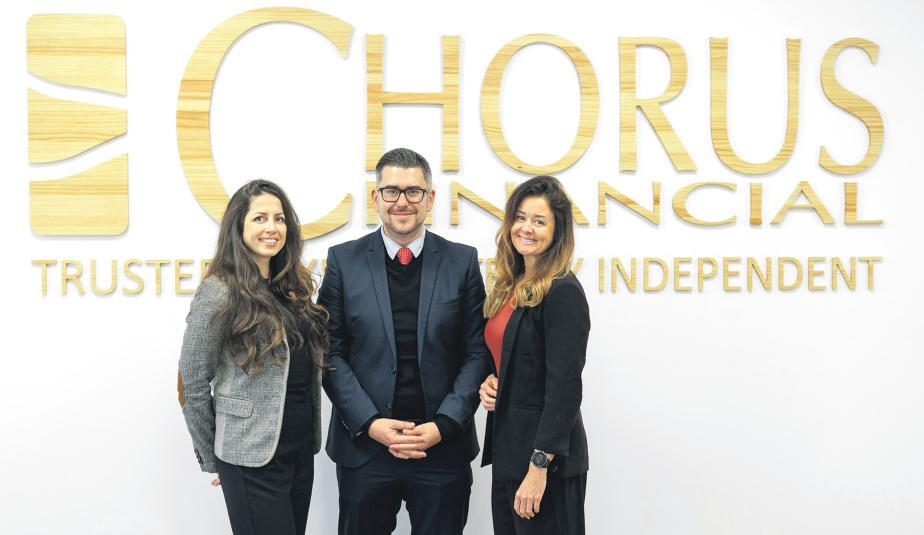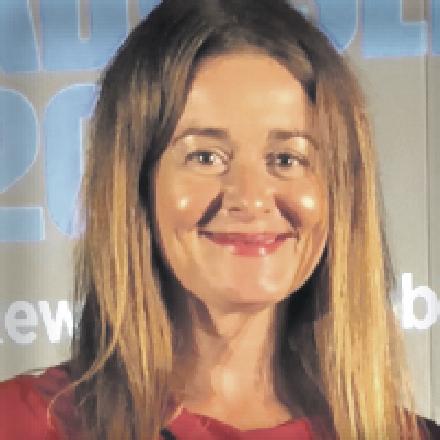
3 minute read
Access to medical records of deceased persons. Inheritance. Rights of the heirs. Contesting a will due to lack of capacity. Expert legal advice.
challenge the will on the grounds of lack of capacity? We analyse this matter, along with the access to medical records of deceased persons, in today’s article.
Challenging a will on the grounds of lack of capacity: presumption of validity and ‘favor testamenti’.

Let’s start with the basics. The judgement of capacity made by all notaries, when someone grants a will before them, enjoys a presumption of validity known as ‘iuris tantum’. In other words, from the outset, it is assumed that the will is valid and effective. And that the person who made the will was in full use of his or her faculties and had enough capacity. However, the notary’s judgement does not have the status of an expert or technical report. In other words, it does not guarantee that the person did in fact have full capacity. Therefore, if evidence of the contrary is presented, this presumption can be destroyed.
If a relative, heir, etc wants to overturn this presumption, ‘hints’ or ‘suspicions’ about the testator’s capacity are not enough. The evidence that a person was not in full use of his or her faculties when he/she granted the will must be clear and unequivocal. Otherwise, in application of the general principle of law ‘favor testamenti’, it will be presumed that the person was in possession of his/her faculties. And that the will is valid.
How to prove the testator’s lack of capacity: Access to medical records of a deceased person.
In these cases, access to the deceased’s medical records is essential. The question is: do the heirs have the right to access to the deceased’s medical records? The answer is YES, as there is a legitimate interest, such as confirming the testator’s capacity, for the purpose of contesting the will.
Both art. 18 of Law 41/2002 of 14 November on patient au tonomy and rights and obligations regarding clinical information and documentation; and art. 46 of Law 10/2014, of 29 December, on Health of the Valencian Community; establish that:
“They shall only provide access to the clinical records of deceased patients to persons related to the patient, for family or de facto reasons, unless the deceased had expressly prohibited it, and this is accredited.”
Article 3 the Organic Law on Data Protection 3/2018 (which in addition to ‘family members’, expressly mentions the heirs) also states:
“Persons linked to the deceased for family or de facto reasons, as well as their heirs, may contact the data controller or data processor in order to request access to the personal data of the deceased and, where appropriate, their rectification or erasure.”
Neurology, psychiatry, and other departments
When the deceased’s lack of full capacity is to be accredited, in addition to the clinical history, it is advisable to request reports and documents from other departments. In particular, all those related to the testator’s capacity: the areas of neurology, psychiatry, etc.
Conclusions
Challenging a will for lack of capacity is a complex process and the access to medical records of a deceased person, is key. At WhiteBaos Lawyers we are experts in legal advice on Inheritance Tax, Inheritances, Contesting Wills, etc both when the applicable law is Spanish law, as well as in those processes in which there is a connection with foreign laws (English, Italian, German, French, etc.). Do not hesitate to contact us. We will study your case and offer expert advice on the subject.
The information provided in this article is not intended to be legal advice, but merely conveys information related to legal issues.





IT has been some time since one of Britain’s top bands has visited Spain, but that is all about to change.
Speaking to Robin Campbell, one of the original founding members of the iconic UB40, he explained that “we can’t just decide where to go, but rely on management and promoters to find the work for us.
“As a touring band, now in our 45th year, we have played almost everywhere and when we return from an upcoming American tour, we are really looking forward to entertaining our fans in Spain!”
They have three performances planned for Spain, July 26 in Santander, July 29 at Es Jardí in Calvia Mallorca and July 30 at Mare Nostrum in Fuengirola.
With 20 studio and six live albums and more than 50 hit singles to their name, the band has a huge range of songs to choose from and recognises the fact that fans will expect to hear some of the big hits.
Robin said “After all this time, I still really enjoy being on stage with the band, but I think we would all get bored if all we did was just resurrect the hits.
“We are still writing and our next










